I am using firebase for my chat application. In chat object I am adding time stamp using Firebase.ServerValue.TIMESTAMP method.
I need to show the message received time in my chat application using this Time stamp .
if it's current time i need to show the time only.It's have days difference i need to show the date and time or only date.
I used the following code for convert the Firebase time stamp but i not getting the actual time.
var timestamp = '1452488445471';
var myDate = new Date(timestamp*1000);
var formatedTime=myDate.toJSON();
Please suggest the solution for this issue
